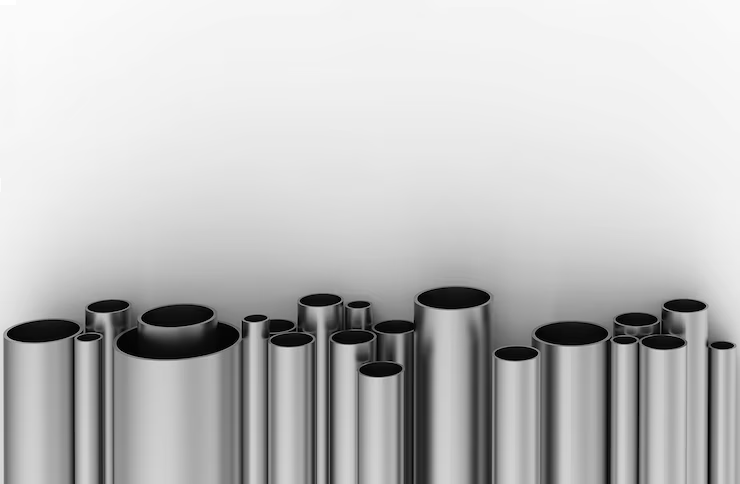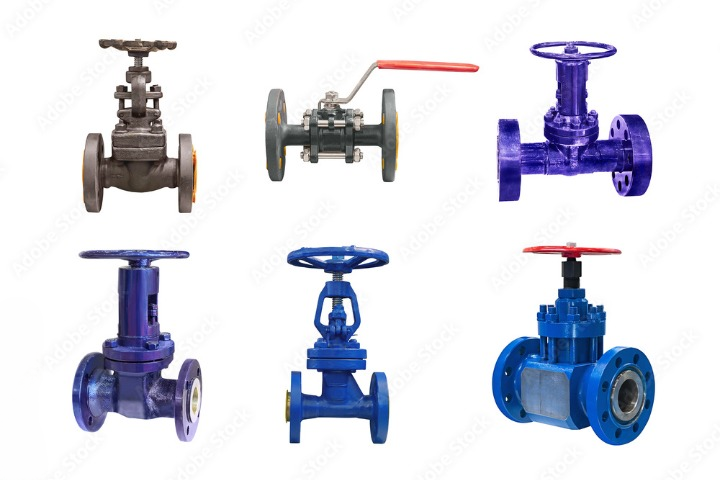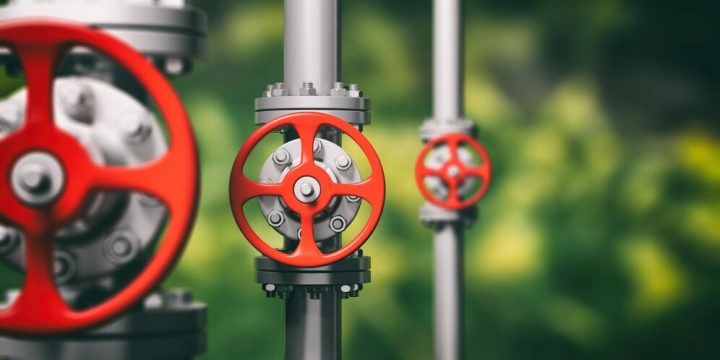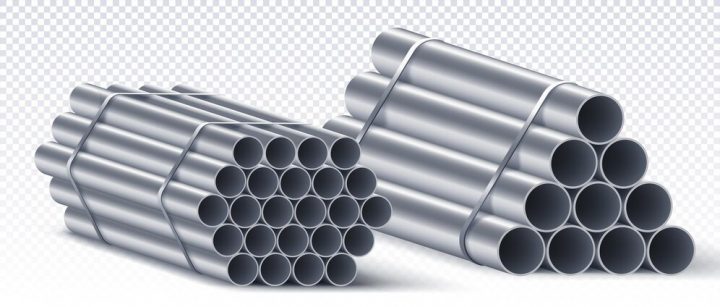In the vast landscape of industrial processes, there exists a silent but indispensable component that plays a crucial role in various operations – pipes and tubes. These cylindrical conduits, often overlooked, form the backbone of numerous industries, facilitating the transportation of fluids, gases, and even solids in some cases. From manufacturing plants to energy production facilities, from chemical processing units to infrastructure development projects, the significance of pipes and tubes cannot be overstated. In this comprehensive overview, we delve into the multifaceted role of pipes and tubes in industrial applications.
1. Fundamentals of Pipes and Tubes:
Pipes and tubes are hollow cylinders made of various materials such as metals, plastics, and composites. They come in different shapes, sizes, and specifications depending on the intended application. The key distinction between pipes and tubes lies in their dimensions; pipes are typically designated by their nominal diameter and wall thickness, while tubes are characterized by their outer diameter and wall thickness. This delineation is crucial as it influences their structural integrity, fluid flow characteristics, and suitability for specific environments.
2. Transportation of Fluids and Gases:
One of the primary functions of pipes and tubes in industrial settings is the transportation of fluids and gases. Whether it’s conveying water in municipal water supply systems, transporting crude oil in pipelines spanning continents, or distributing gases in manufacturing plants, pipes, and tubes form the conduits through which these substances travel. The seamless flow of fluids and gases is essential for various processes such as heating, cooling, mixing, and chemical reactions, making pipes and tubes indispensable assets in industries ranging from petrochemicals to pharmaceuticals.
3. Structural Support and Conveyance of Solids:
Beyond fluid and gas transportation, pipes and tubes also serve as structural components in industrial applications. In construction and infrastructure projects, steel pipes are commonly used for piling, supporting structures like bridges and buildings, and underground utilities such as sewer lines and culverts. Moreover, in material handling systems, tubes play a vital role in conveying solids such as granules, powders, and bulk materials. Industries like mining, agriculture, and food processing rely on robust tubing systems to transport raw materials and finished products efficiently.
4. Heat Transfer and Thermal Management:
In thermal power plants, chemical refineries, and HVAC (Heating, Ventilation, and Air Conditioning) systems, pipes and tubes facilitate heat transfer and thermal management processes. Whether it’s carrying steam in high-pressure boiler systems or circulating coolant in industrial chiller units, these conduits enable the transfer of thermal energy from one point to another. The design and material composition of pipes and tubes play a critical role in optimizing heat transfer efficiency, minimizing energy losses, and ensuring operational reliability in heat exchangers, condensers, and other heat transfer equipment.
5. Corrosion Resistance and Material Selection:
The choice of materials for pipes and tubes is paramount, especially in corrosive environments encountered in industries such as chemical processing, marine engineering, and offshore oil and gas exploration. Stainless steel, carbon steel, alloy steel, and corrosion-resistant alloys are commonly used for their robustness and resistance to chemical corrosion. Additionally, advancements in materials science have led to the development of specialized coatings and linings that enhance the durability and longevity of pipes and tubes, mitigating the effects of corrosion and extending their service life.
6. Pressure Management and Fluid Control:
Industrial processes often involve the handling of fluids and gases under high pressure or varying flow rates. Pipes and tubes are engineered to withstand these demanding conditions while ensuring precise fluid control and regulation. Valves, fittings, and instrumentation integrated into piping systems enable operators to monitor pressure, temperature, and flow parameters, thereby optimizing process efficiency, safety, and reliability. Whether it’s regulating the flow of steam in power generation plants or controlling the flow of chemicals in manufacturing processes, the role of pipes and tubes in pressure management and fluid control cannot be overstated.
7. Integration with Automation and IoT:
With the advent of automation and the Internet of Things (IoT), modern industrial piping systems are becoming increasingly intelligent and interconnected. Sensors, actuators, and control systems are integrated into pipelines to monitor performance, detect anomalies, and facilitate remote operation and maintenance. Smart piping solutions enable predictive maintenance, real-time optimization, and data-driven decision-making, enhancing overall operational efficiency and uptime. The integration of pipes and tubes with automation and IoT technologies represents a paradigm shift in industrial process management, ushering in an era of greater productivity, sustainability, and competitiveness.
In conclusion, pipes and tubes stand as the unsung heroes of industrial applications, providing the essential conduits through which fluids, gases, and solids traverse the intricate web of modern manufacturing and infrastructure systems. From transportation and structural support to heat transfer and fluid control, the role of pipes and tubes is diverse and indispensable. As industries continue to evolve and innovate, the demand for advanced piping solutions capable of meeting ever-changing requirements will only grow, underscoring the enduring relevance and significance of these humble cylindrical components in the industrial landscape.
For those seeking reliable pipe and tube manufacturers and suppliers in India and worldwide, platforms like Enggpro offer comprehensive solutions. Enggpro connects businesses with trusted suppliers, facilitating seamless procurement processes and ensuring access to high-quality products meeting industry standards. Whether sourcing materials for large-scale industrial projects or seeking specialized piping solutions, Enggpro’s network of suppliers provides a reliable resource for fulfilling diverse requirements. Explore Enggpro’s platform to discover a wide range of piping products and services tailored to meet the needs of various industrial applications.



